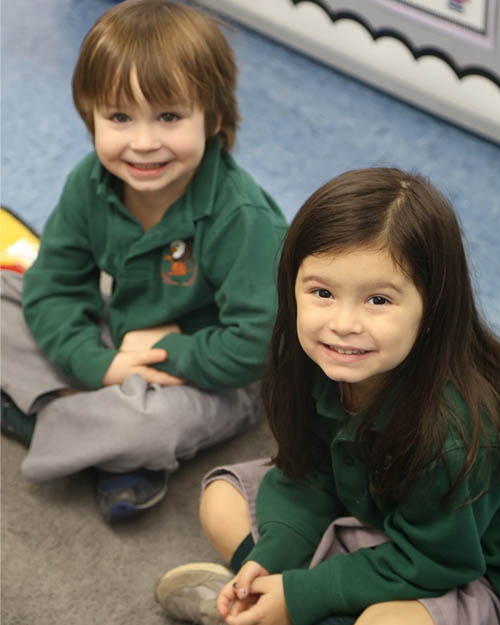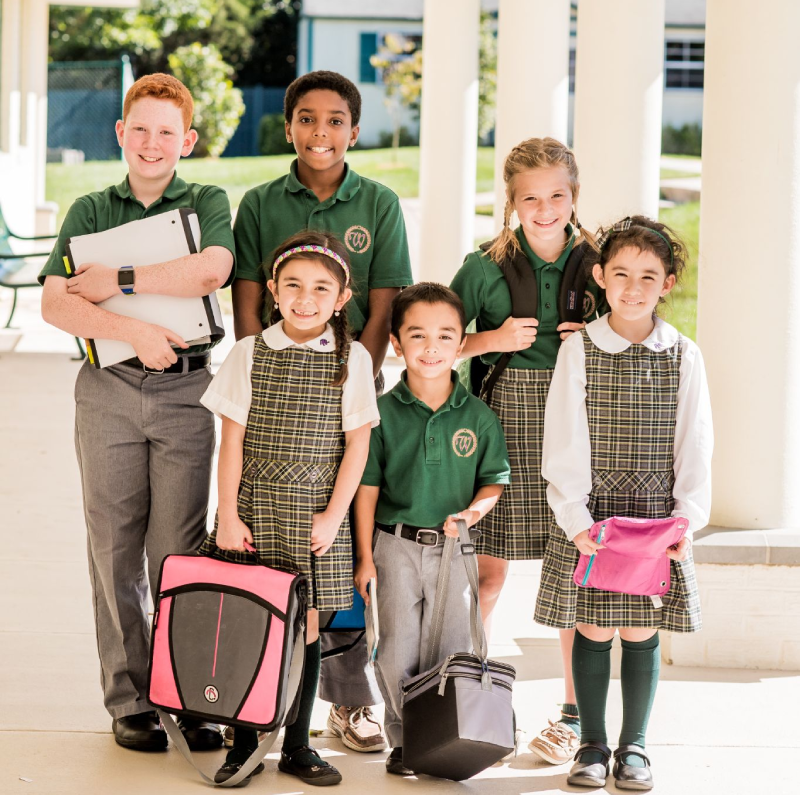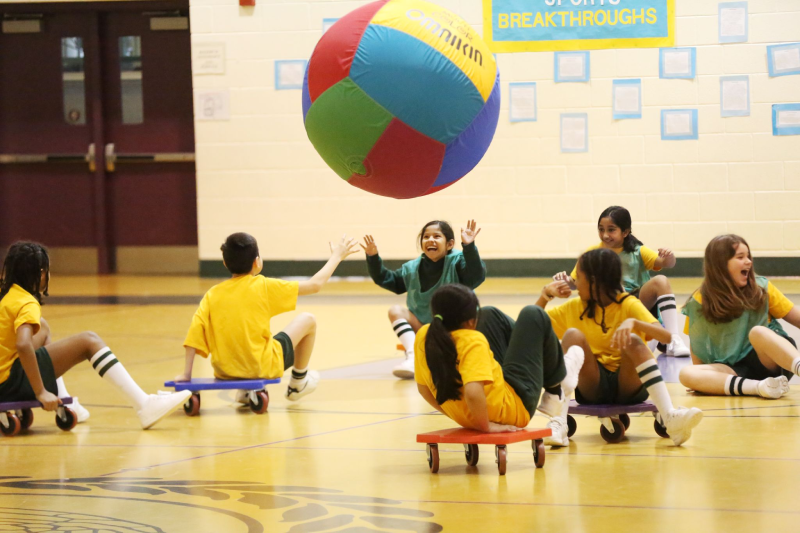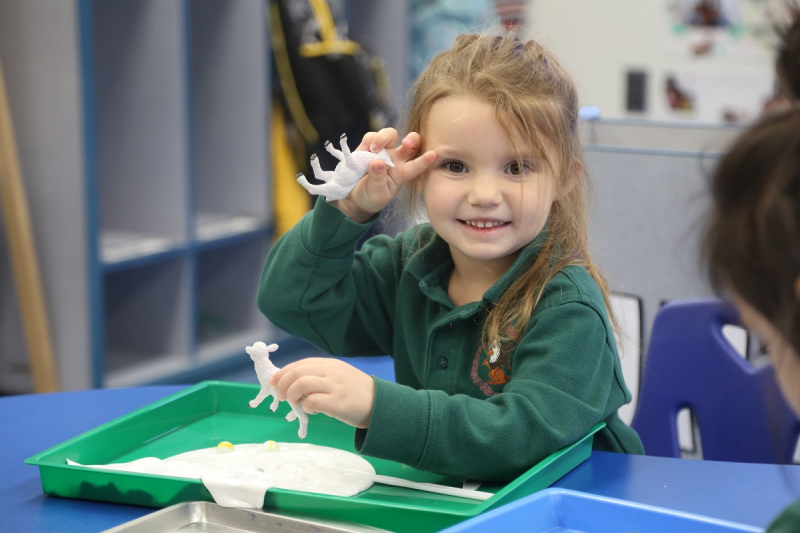The Facts You Need before Enrolling Your Child in the Next School Year
The right education can give students the foundation they need for future success. This applies to academics, but it is equally relevant to confidence, poise, leadership skills, interpersonal development, and more. This drive to give children the best possible start is the impetus for many parents seeking out private education for their students from an early age.

There is, however, a lot of pervasive misinformation about private schools that might stop a parent from considering an education outside the public school system. With that in mind, here are six of the most common myths about private schools and what the facts and figures actually say.
-
Myth #1: Only the Wealthy Send Their Children to Private Schools
One of the most enduring myths about private schools is that only the children of the extremely wealthy attend. Are there affluent families who partake in private school? Yes. They do not, however, comprise the totality of the private school community.
When deciding whether you and your family want to be part of a private school, keep these things in mind:
- Private school is a significant but worthwhile investment in your child’s future.
- Financial aid and scholarships can often help offset the cost of tuition. (Learn more about how Westminster School structures its financial aid packages here.)
- Even if you don’t think you’ll qualify for financial aid, apply. Awarded amounts can range from modest to substantial.
- If the school seems like the right fit for you and your family, the cost of tuition should never be the determining factor of whether a student decides to apply or not.
-
Myth #2: Private School Students Are Not Diverse

Just as there is more diversity than one might imagine within the financial backgrounds of private school families, there is also more racial, cultural, and ethnic diversity than many assume.According to the Private School Review, of all the private school children in Fairfax County, 36 percent of them identify as a minority.
-
Myth #3: Private Schools Are Exclusively Religious
According to this study, about 78 percent of private schools across the United States have a religious affiliation. Obviously, this represents the majority, but as of 2018, there were 32,461 US private schools. For parents who are seeking the benefits of private school without the religious aspect, there are certainly those educational opportunities available.
In Fairfax County, Virginia, specifically, the 2021 school year had 191 private school options, and only 30 percent of those were religiously affiliated.
-
Myth #4: Private Schools Are Only for Top Students
In terms of admission, private schools do not exclusively accept the highest-performing students. Just as students are diverse in financial, racial, and cultural backgrounds, they’re equally as diverse in learning styles and academic performance.
When it comes to day-to-day academic life, the goal of any school is to give the highest level of education possible to each and every student. In public schools, logistics, such as large class sizes and standardized testing, make that mission challenging. Private schools, with smaller class sizes and more freedom with the curriculum, can often provide the crucial factors of individualized attention and extra support. These benefits of a private school are conferred on every student—not just the top performers.
-
Myth #5: Students Have No Free Time (or Fun)

When parents hear about the high academic and personal expectations many private schools ask of their students, even the very youngest attendees, it leads to the common misconception that these private schools are places where children aren’t allowed to be children. There’s an idea that there’s no time for play or fun because it’s all sitting at desks and diligently working.Nothing could be further from the truth. Outside the time required for study, private school students still have space for relaxation, play, hobbies, and extracurriculars.
At the younger age groups, play and free time are also essential components of the school day itself. Read here if you’re interested in learning more about how structured and unstructured learning are balanced in the Westminster preschool program.
-
Myth #6: Core Academics Overshadow the Arts and Sports

Many private schools have well-developed athletics programs and physical education classes to ensure plenty of movement and exercise are built directly into the curriculum. With smaller class sizes, there are also more opportunities for any student who wants to participate to do so. (Learn more about Westminster School’s dedication to physical wellness and how it kept its PE program going safely, even during the pandemic.)Many private schools also value the arts highly. Whether through the curriculum or extracurricular opportunities, many provide ample access to music, dance, theater, and the visual arts. (The drama program, for example, is one of the pillars of a Westminster education and another program that was adapted to continue safely through the pandemic.)
Like anything, nobody really knows what private school is like until experiencing it firsthand. It’s not like it’s portrayed in movies or on television, and with every school being a unique entity, any anecdotal story about one private school doesn’t necessarily apply across the board. If you’d like to see what a day in the life of Westminster School in Annandale, Virginia, is really like, please feel free to schedule your live virtual tour today.

